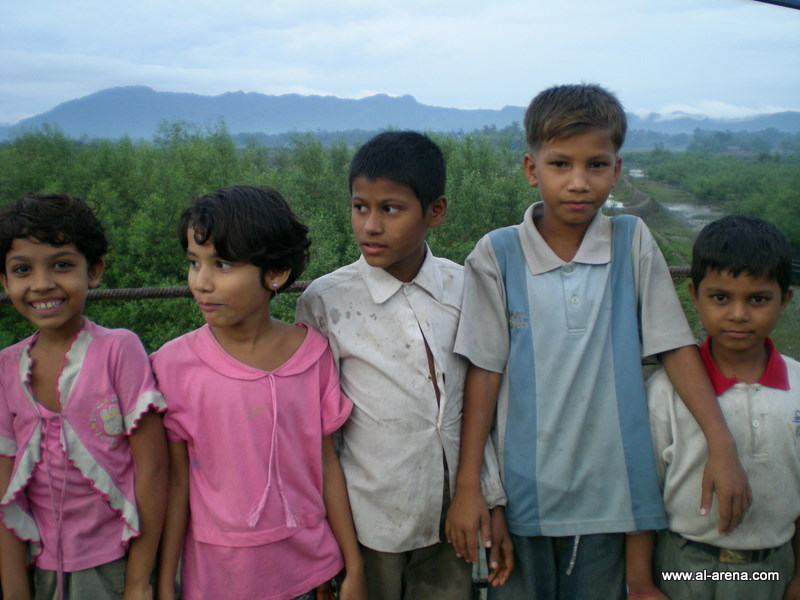A New Year has just dawned. Many will look at this coming annum with a sense of expectation and optimism. Each year is seen as an advance towards goals yet to be fulfilled. A measure of how far we have progressed and what new horizons are left to conquer.
Yet, as one of the Rohingya, I can say that each passing year seems to be a step back in time for us. In the course of the past 35 years, we have gone from a people with a sense of belonging and security in our homeland, to a people who are now called ‘the world’s most persecuted minority’. Whereas once we were a thriving culture, now we have been effectively disowned by our own state and scattered to the four corners of the Earth. The passage of each year is now a reminder of how our collective dignity is becoming a distant memory.
This has been much international uproar over the recent round of persecution in Rakhine since the middle of 2017. Yet this is nothing new for the Rohingya. Over the past several decades, and in particular over the past five years, such violence has become almost a routine spectacle for our people. What has received significantly less attention over this time, though, is the condition our people face in between these outbreaks of repression. The world knows well the Rohingya as victims of conflict, but they know far less of what hardships the Rohingya experience as a stateless people.
As defined by Article 1 of the 1954 Convention relating to the Status of Stateless Persons, a “stateless person” is someone who is not classified as a national by any state under its law. Being stateless means essentially lacking the basic elements of identity that we take for granted in our everyday life. These include a passport to travel, or a national identity card to open a bank account. They also include a birth certificate to prove that your son or daughter is actually your son or daughter. The vast majority of Rohingya lack these instruments of identification. Simple tasks become arduously difficult, and yet this is the reality for nearly three millions of us.

